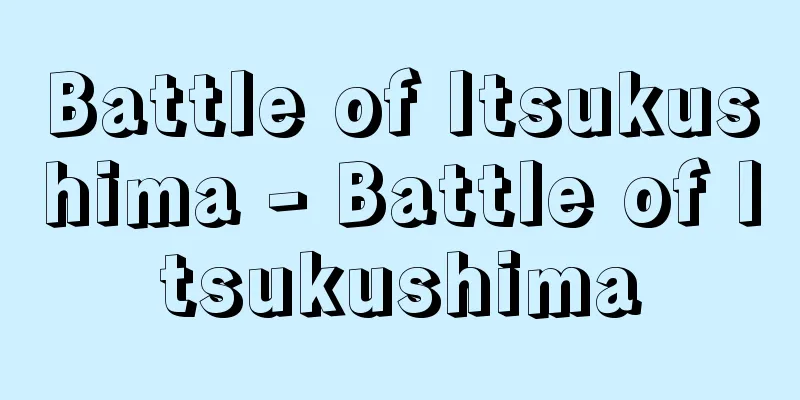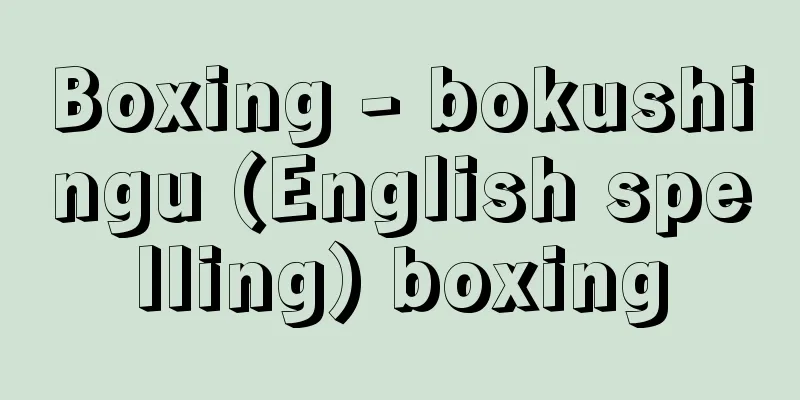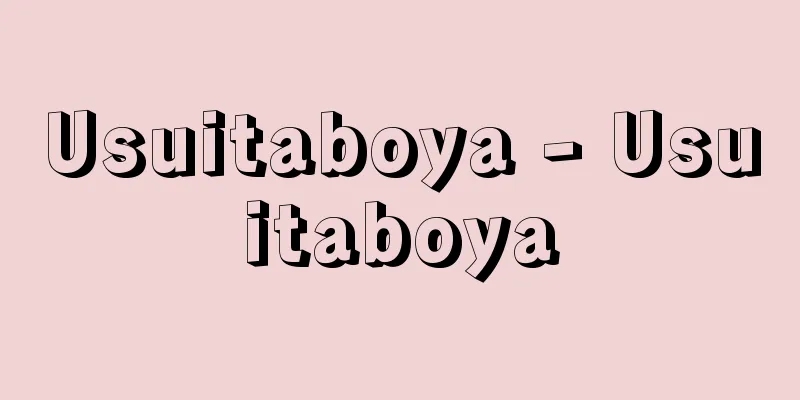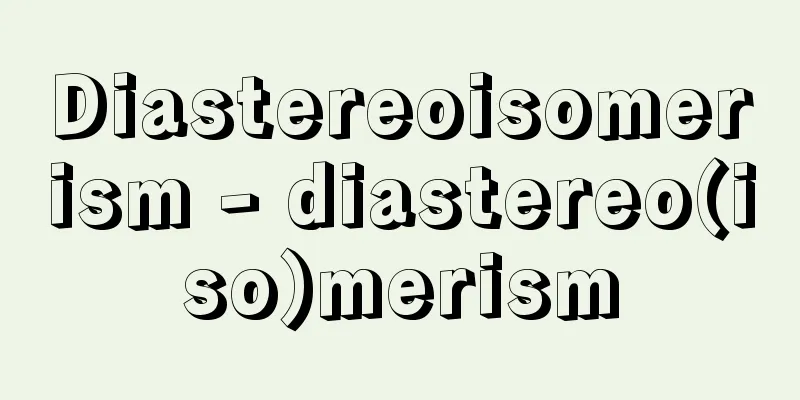Ono no Imoko - Ono no Imoko

|
Date of birth and death unknown. A Japanese envoy to the Sui Dynasty during the Asuka period. In the Sui Dynasty, the pronunciation of "Ko-mei-shi" was changed to Soin-ko. In 607 (the 15th year of the reign of Empress Suiko), when Prince Shotoku established diplomatic relations with the Sui Dynasty, he became the first Japanese envoy to the Sui Dynasty and crossed the sea accompanied by the interpreter Kuratsukuri Fukuri. The Wakokuden section of the Sui Shu states, "In the third year of the Daye era (607), the king, Tarishihiko (Prince Shotoku), sent an envoy to pay tribute to the court." The imperial envoy said, "We have heard that the Bodhisattva Emperor of the West of the Sea has repeatedly established Buddhism. We have therefore sent him to pay homage to the Emperor, and at the same time, several dozen monks have come to study Buddhism." Therefore, Ono no Imoko was accompanied by several dozen scholars and monks. The letter also read, "The Emperor of the Land where the Sun Rise sends a letter to the Emperor of the Land where the Sun Sets. May all be well." Emperor Yang was not pleased when he saw this, and told Hong Loqing, "There are some disrespectful letters from the barbarians. Do not listen to them again." The following year, he returned to the court accompanied by the Sui envoy Pei Shiqing, but did not present the letter from Emperor Yang, claiming that it had been stolen by the people of Baekje. The ministers therefore met to hold Meiko responsible and proposed that she be exiled, but Empress Suiko pardoned her for the crime of losing the letter. In September 608, when Pei Shiqing returned to Japan, he became an ambassador again and traveled to Sui with the junior envoy Yoshishi Onari and the assistant ambassador Kuramasa Fukuri. Scholars and students including Monk Min, Takamuko Kuromaro, and Minamibuchi no Shoan also traveled to Sui. Imoko and the others returned to Japan in September of the following year, but Fukuri did not return. It seems that Imoko was then promoted from Dairei to Daitokukan. One of Imoko's children was Ono no Ason Emishi. [Junichi Shida] [Reference] |Source: Shogakukan Encyclopedia Nipponica About Encyclopedia Nipponica Information | Legend |
|
生没年不詳。飛鳥(あすか)時代の遣隋使(けんずいし)。隋では「小妹子」を字音でいいかえ蘇因高(そいんこう)とよんだ。607年(推古天皇15)聖徳太子が隋と国交するにあたり、第1回遣隋使となり通訳鞍作福利(くらつくりのふくり)を従えて渡海した。『隋書』倭国(わこく)伝に「大業三年(607)、其ノ王多利思比孤(たりしひこ)(聖徳太子)、使ヲ遣シテ朝貢ス」とあり、朝廷の使者は「聞ク、海西ノ菩薩(ぼさつ)天子、重ネテ仏法ヲ興スト。故ニ遣シテ朝拝セシメ、兼ネテ沙門(しゃもん)数十人、来ッテ仏法ヲ学ブ」と述べたとあるので、小野妹子は学問僧数十人を伴っていたのである。また国書に「日出ズル処ノ天子、書ヲ日没スル処ノ天子に致ス。恙(つつが)無キヤ」とあったので、煬帝(ようだい)はこれをみて悦(よろこ)ばず、鴻臚卿(こうろけい)に「蛮夷(ばんい)ノ書、無礼ナル者有リ。復(ま)タ以(も)ッテ聞スル勿(なか)レ」といったという。翌年隋使裴世清(はいせいせい)を連れて帰朝したが、煬帝からの国書は百済(くだら)人に奪い取られたと称して献上しなかった。そのため群臣議して妹子の責任を問い、流刑に処すべきだとしたが、推古(すいこ)天皇は妹子の書を失う罪を許した。608年9月、裴世清の帰国に際し、ふたたび大使となり、小使吉士雄成(きしのおなり)、通事鞍作福利とともに隋に渡った。僧旻(みん)、高向玄理(たかむこのくろまろ)、南淵請安(みなみぶちのしょうあん)らの学問僧、留学生も入隋した。妹子らは翌年9月に帰朝したが、福利のみは帰国しなかった。その後、妹子は大礼から大徳冠に昇進したらしい。妹子の子に小野朝臣(あそみ)毛人(えみし)がある。 [志田諄一] [参照項目] |出典 小学館 日本大百科全書(ニッポニカ)日本大百科全書(ニッポニカ)について 情報 | 凡例 |
>>: Yoshimichi Onodera - Yoshimichi Onodera
Recommend
Akagutsu (red shoes) - Akagutsu (English spelling) starry handfish
A marine fish of the family Scutigeridae in the or...
Eutreptiella
...Because this individual can grow and multiply ...
Aloha Oe (English spelling)
...The Polynesian Kanaka people, natives of the H...
Wing chord
… [Names of each part of the wing] An airfoil usu...
Speech (religion) - Enzetsu
...The teaching of Buddhist doctrines and leading...
Hedeby (English spelling)
A Viking-era trading post located in the southern ...
Mediation - China
Generally, it refers to a third party making an e...
Cotton Inspection - Kiwatakemi
In the early modern period, tax amounts were deter...
Funeral hall - Saijyo
〘noun〙① A pure place where gods and Buddhas are wo...
Set theory - shuugouron
A branch of mathematics created by Cantor between...
Gilyak - Gilyak
The language is spoken in the Amur River estuary a...
Station River
A river that flows through northern Oita Prefectu...
Promissory note - yakusokutegata (English spelling)
A bill of exchange in which the issuer, as the pr...
Morning Dawn
〘noun〙① To leave on an early morning journey. Earl...
fluorescence indicator
... All of the above mentioned ones use color cha...









